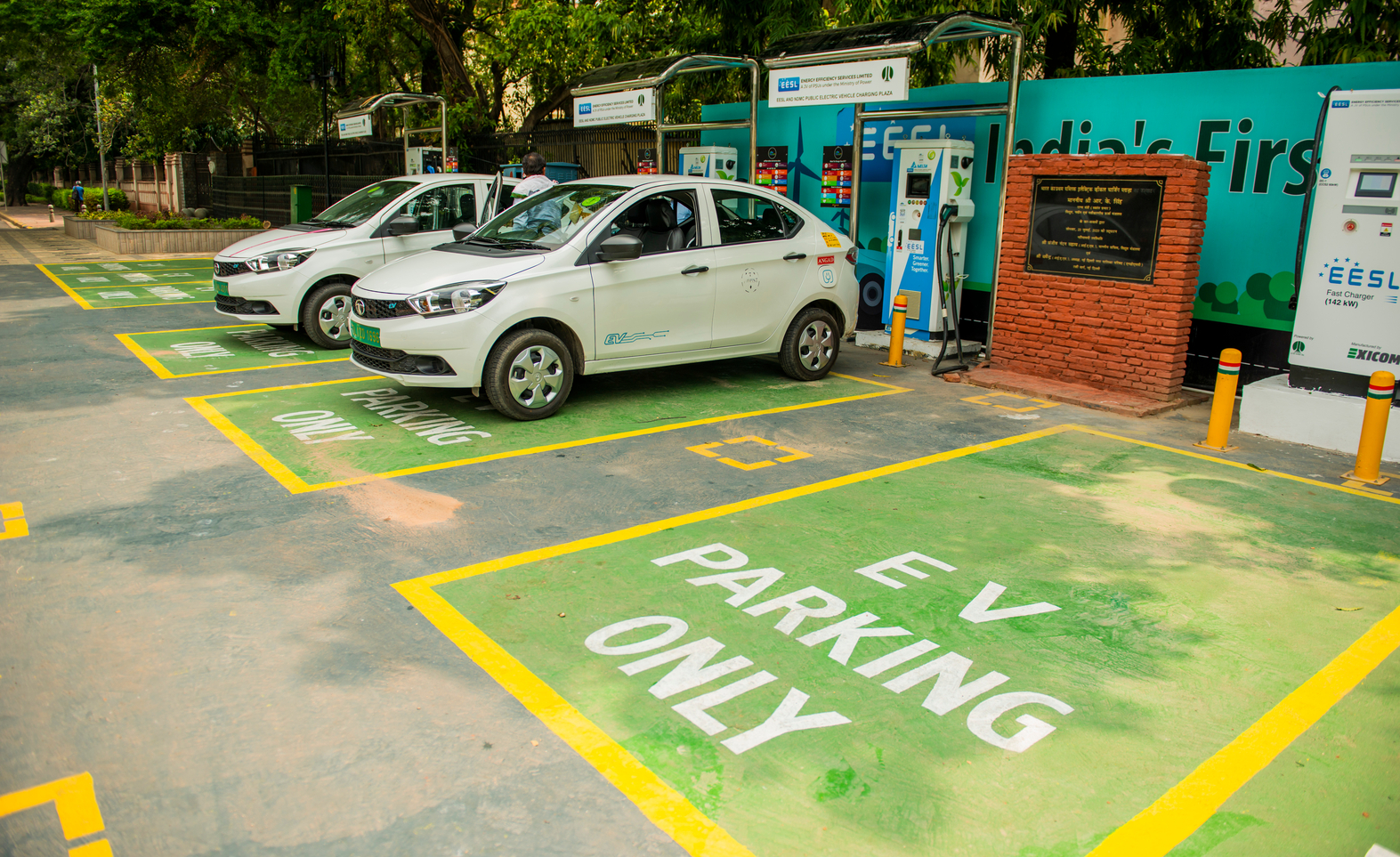
December 16, 2021
India’s COP26 renewable energy commitments and State-wise policies are expected to increase EV roll-out.
South Indian and Uttar Pradesh policies have more supply-side incentives whereas Delhi and Gujarat policies have demand-side incentives.
Telangana, Andhra Pradesh, Bihar and Uttar Pradesh are fast-tracking EV roll-out and infrastructure development.
Factors including land resource availability, ease of doing business, supply chain management contribute to success in implementation.

The Indian Electric Vehicle market is expected to draw investments to the tune of US$ 12.6 billion (Rs 94,000 crore) by 2026, according to the ‘Electric Mobility in Full Gear’ report published by property consultants Colliers India and Indospace. India’s commitment to reach net-zero carbon emissions by 2070 at the COP26 Summit coupled with the emerging wave of federal policies promoting EV uptake could foster exponential growth within the sector in the coming years. The report estimates that 26,800 public charging spots will be required by 2025 and 1300 acres of land will be required to expand the sector’s battery manufacturing capacity to 110 GWh by 2030. At a policy-level, States including Gujarat, Delhi and Maharashtra are led by demand-side initiatives whereas Uttar Pradesh and the South Indian states have strong supply-side initiatives.
Under the FAME-II scheme, approvals have been given towards the development of 2,877 charging stations across 68 cities across the country and 1,576 charging stations across 16 highways and 9 expressways. 1,65,000 electric vehicles have been supported and 6,315 electrical buses have been approved in November this year. States including Telangana, Andhra Pradesh, Bihar and Uttar Pradesh are leading the way in setting up charging infrastructure at a broader level. Experts attribute the success of these States in the roll-out of EV machinery to multiple factors including stronger logistical components, ease of doing business, land resource availability, investor-friendly policymaking and the availability of ample fiscal sops.